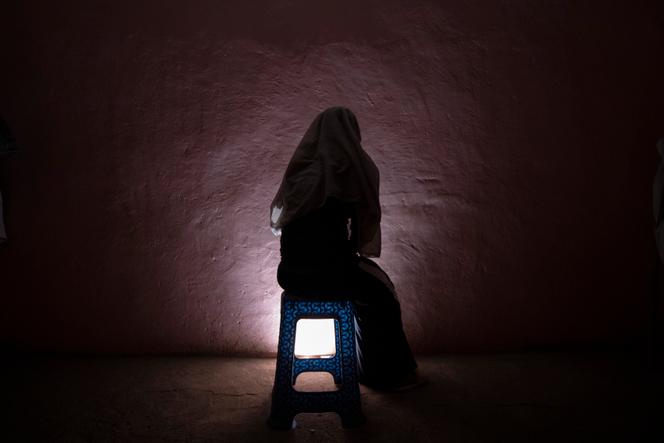


On November 2, 2022, while the Ethiopian government and the insurgent Tigray People's Liberation Front (TPLF) were in South Africa signing an agreement ending two years of civil war, Bezawit (her first name has been changed) was kidnapped by Eritrean soldiers in the northern Tigray region. For three months, while the world welcomed the peace process underway in Ethiopia, this 37-year-old mother of two lived through hell, raped by several Eritrean fighters in her hometown of Kokob Tsibah.
She recalled, "They told me, 'Whether you shout or not, no one is going to come and rescue you.' And then they raped me for around three months since then. They were taking turns on me, just like a doorkeeper." Her testimony, along with those of 48 other women, serves as the basis for Amnesty International's assertion, in a report published on Tuesday, September 5, that "despite the signing of the Cessation of Hostilities Agreement (CoHA), atrocities against civilians in Tigray continued." In this conflict, Tigrayan women have found themselves on the front line. At least 120,000 of them have been victims of rape during the war, according to regional health authorities.
In the village of Kokob Tsibah alone, between November 1, 2022, and January 19, 2023, Amnesty International collected the testimony of 15 sex slaves at the hands of the Eritreans, who still act as an occupying force in Tigray today. The Eritrean army in Kokob Tsibah district also perpetrated gang rape and rape against women held captive in their own houses, a situation that also amounts to sexual slavery according to Amnesty International. "The EDF detained the women in the camp on suspicion that their spouses, sons or relatives were members of the Tigrayan forces," reads the report, entitled "Today or tomorrow, they should be brought before justice."
Although the sample of witnesses analyzed by Amnesty International (which, like all human rights organizations, is not allowed to visit Ethiopia) is limited in time and space, it illustrates the systematic use of rape in Tigray, during and after the war. "Not only are rapes and sexual assaults commonplace, but they persist over time, right up to the present day, in different areas of Tigray," said Haimanot Ashenafi, a researcher with the NGO, who believes that Eritrean forces have committed war crimes and crimes against humanity.
Eritrea, initially an ally of Ethiopian Prime Minister Abiy Ahmed against the TPLF, continues to maintain a presence in northern Tigray, a region with which it has long-standing border disputes. Its army has established itself on a strip of land in northeast Tigray. The area is a blind spot for the international community. United Nations and African Union (AU) observers are unable to visit. "Cases of raped women from Irob and Zalambessa [two areas occupied by Eritrea] come to us every week," a surgeon at the hospital in Adigrat, in the north of the region, told Le Monde.
You have 56.3% of this article left to read. The rest is for subscribers only.
